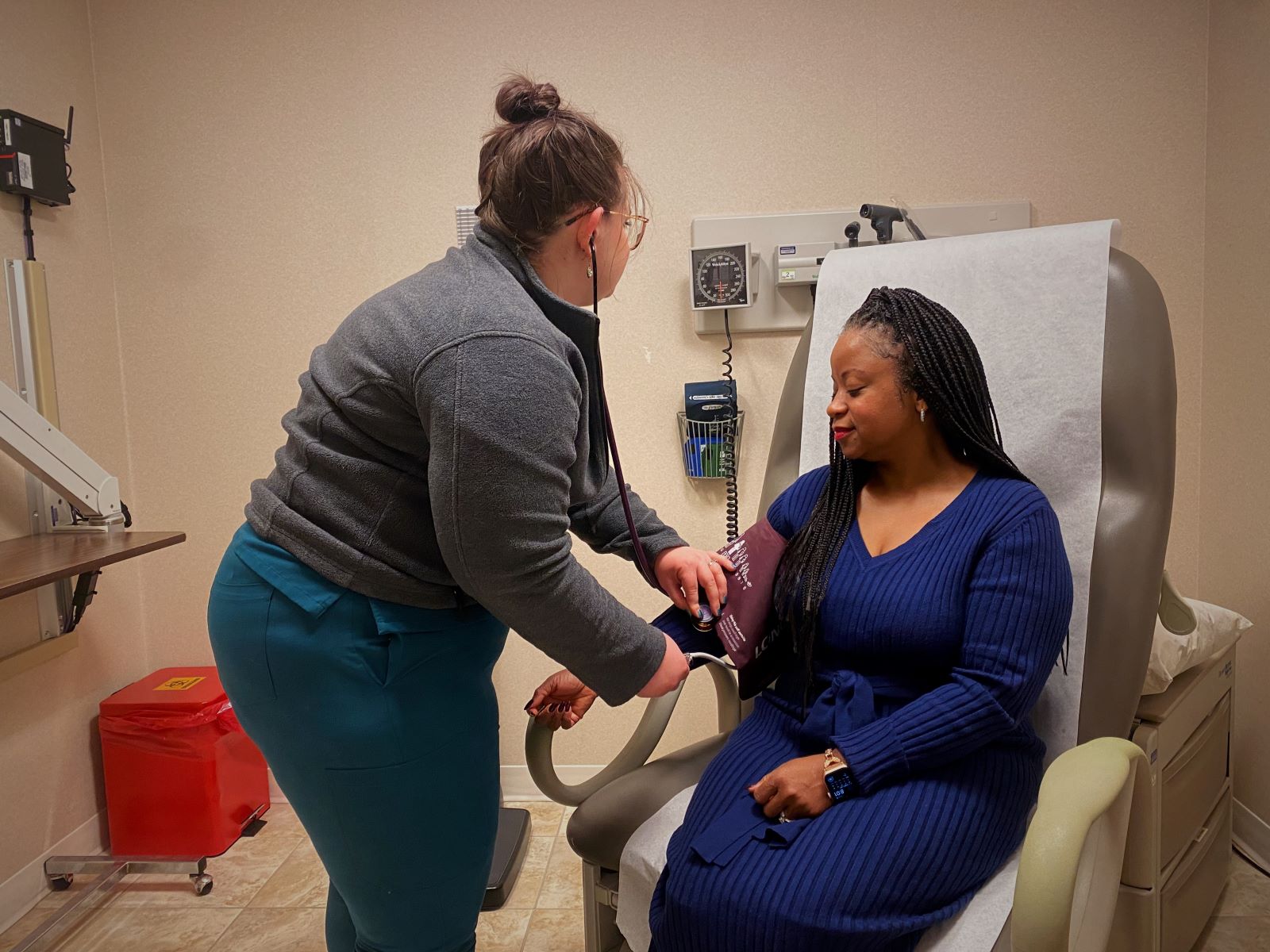<< Back
Helping Connecticut Residents Live Longer, Healthier Lives

January 25, 2024
As part of the system’s ongoing quest to improve community health, the Hartford HealthCare Medical Group team has made strides in addressing hypertension and diabetes.
By setting and achieving ambitious goals for A1C (blood sugar) and blood pressure control, the team is creating a healthier, more resilient community in which everyone has the opportunity for improved health and well-being.
Why diabetes and hypertension?
According to Connecticut health officials, about 10% of adults living here have diagnosed diabetes and another 30% have been told by a healthcare professional that they have hypertension, or high blood pressure.
Left untreated, both conditions can lead to a range of serious and potentially life-threatening complications like kidney failure, strokes and cardiovascular disease.
Setting goals and achieving results
Last fiscal year, the focus of the Medical Group team was achieving targeted goals for blood pressure and A1C control. Additionally, members worked to bridge disparities among patients living in priority areas.
Aiming to have no more than 22% of qualifying patients with uncontrolled A1C, the team achieved an encouraging 19%. For blood pressure, the goal was at least 76% controlled and they reached 77%, signaling a step forward in reducing health disparities among patients in priority areas.
“By achieving these results, our patients will have fewer heart attacks, strokes and kidney failure, and be able to enjoy more time with friends and families. That’s what this work is all about,” says James P. Cardon, MD, vice president and chief clinical integration officer of Integrated Care Partners.
Looking ahead
It’s important to recognize that this work is part of an ongoing journey. Looking ahead to 2024, the team increased the targeted level of control and expanded work to more holistically address health disparities in priority areas. That will involve looking closely at overall social determinants of health (SDOH) factors that affect residents’ access to care.
They will create workgroups to dive into the root causes of the different SDOHs to help alleviate barriers to care.